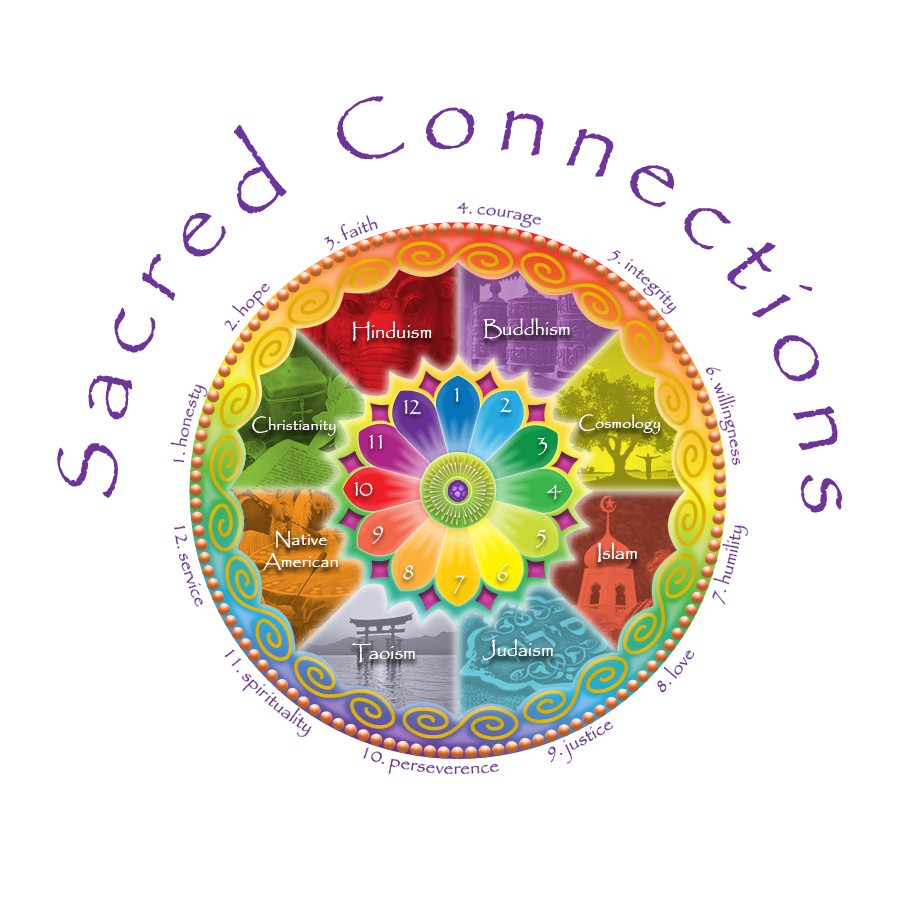These steps mean, simply (1) admission of alcoholism; (2) personality analysis and catharsis; (3) adjustment of personal relations; (4) dependence upon some higher power; and (5) working with other alcoholics.
Most strongly we point out that adherence to these principles is not a condition of AA membership. Any alcoholic who admits he has a problem is an A.A. member regardless of how much he disagrees with the program. Based upon our experience, the whole program is a suggestion only. The alcoholic, objecting at first to the spiritual factor, is urged to keep an open mind, meanwhile treating his own AA group as a “power greater than himself.” Under these conditions the newcomer commences to undergo a personality change at such a rate and of such dimensions that he cannot fully account for it on the basis of self-realization and self-discipline. Not only does his alcoholic obsession disappear, but also he finds himself progressively free of fear, resentment, and inferiority. These changes seem to have come about automatically. Hence he concludes that “A power greater than himself” must have indeed have been at work. Having come to this point, he begins to form his own concept of God. He then develops confidence in that concept, which grows, as he gets proof in everyday life that his new faith actually works, really produces results.
This is what AA’s are trying to say when they talk about a spiritual experience. They mean a certain quality of personality change which, in their belief, could not have occurred without the help and presence of the creative spirit of the universe.
With the average AA, many months, may lapse before he is aware of faith in the spiritual sense. Yet I know scarcely an AA member of more than a year’s standing who still thinks his transformation wholly a psychological phenomenon based entirely upon his own normal resources. Almost everyone of our members will tell you that, while he may not go along with a clergyman’s concept of God, he has developed one of his own on which he can positively depend, one which works for him.
